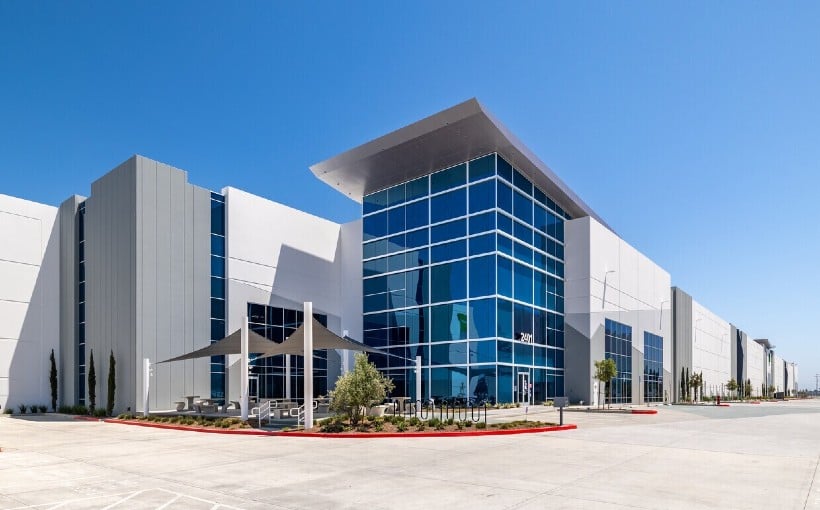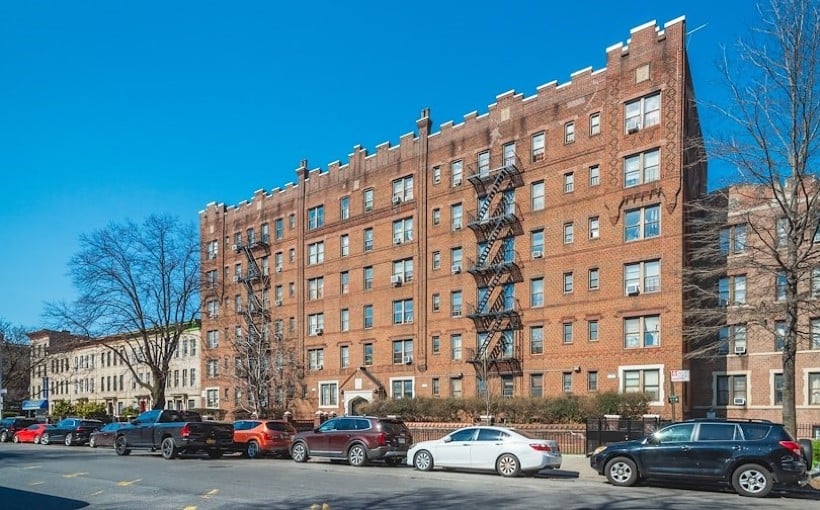The lack of affordable housing and high costs in the U.S. has been a major topic of discussion, leading Walker & Dunlop Chairman and CEO Willy Walker to invite PulteGroup CEO Ryan R. Marshall onto the Nov. 13, 2024 episode of the Walker Webcast.
During their conversation on PulteGroup’s growth since Marshall took over as CEO in 2016, they delved into several key issues:
Why is there a shortage of new homes being built?
Marshall noted that both presidential campaigns during the recent election addressed this issue for possibly the first time ever. He believes this increased attention is beneficial for addressing housing supply and affordability concerns.
However, it’s clear that there is currently a significant deficit in single-family and multifamily housing across America – estimated by some economists to be anywhere from 2 million to 7 million homes short. Marshall personally believes it could be around three million.
Unfortunately, building more homes isn’t as simple as just starting construction due to various challenges such as:
NIMBYISM (Not In My Backyard) – Many people support economic growth until it affects their own neighborhood or property values.
Zoning laws and land entitlements – These are controlled at local levels by city councils who may not prioritize increasing housing supply.
Infrastructure constraints – Schools, roads, sewers/water systems all need to be considered when planning new developments.
Overall low labor productivity compared with other industries – This needs improvement through investment in technology advancements like modular construction methods.
What about tech innovations like modular construction?
In recent years there have been attempts at using off-site manufacturing techniques like Katerra’s method combining design/manufacturing/construction under one roof before moving completed modules onto sites for assembly into finished buildings. However these efforts haven’t yet taken off due partly due pandemic-related setbacks but also because overall labor efficiency hasn’t improved much either despite technological advances elsewhere.
PulteGroup has invested in some PropTech funds and innovative companies like Rheia, an HVAC company that uses advanced technology to distribute heat/air through wall tubes rather than traditional pipes. They also have two off-site manufacturing plants using 3D modeling and robots to build floor cassettes, wall panels, and trusses.
However there haven’t been any major breakthroughs yet in the industry as a whole.
What impact do tariffs have on housing costs?
While much attention is focused on tariffs against China, Walker noted that the Biden administration has also placed high tariffs on Canadian lumber. Marshall acknowledged this had caused significant price increases for lumber about 18 months ago but prices have since come down somewhat – although they are still higher than before. This reduction has helped lower PulteGroup’s overall housing costs.
In terms of potential future tariffs against China or other countries impacting global supply chains for household items/components used in home construction – Marshall stated they were monitoring the situation closely but most materials used by PulteGroup are domestically sourced/produced so it may not be a major concern at this time.
Replays of the Nov. 13 Walker Webcast can be found on YouTube, Spotify or Apple channels with new episodes released weekly.




